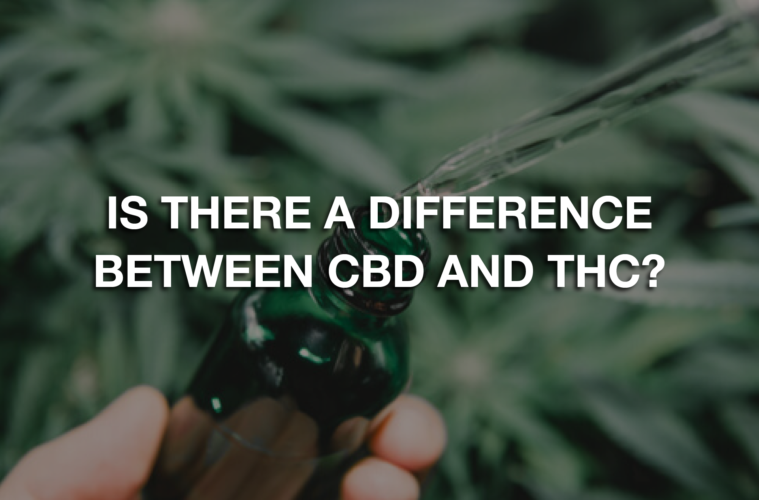This article was originally published on CBD Extractions. To view the original article, click here.
Both CBD and THC are two of the main cannabinoid compounds present in the cannabis plant. Many people think of them as similar cannabinoid compounds but they have a lot of differences. In the United States, THC is listed among controlled substances while CBD is legal for medical and recreational use.
CBD and THC are present in both hemp and marijuana plants but CBD is mainly extracted from the hemp plant. THC is a psychoactive compound and many people do not wish to use it even though it provides a lot of health benefits like CBD. Let’s take a look at some of the major differences between CBD and THC.
Differences In Chemical Structure
The molecular structure of CBD and THC is similar but the difference is in the arrangement of each atom. The difference in the arrangement of the atoms is the main reason for the different effects of these two compounds in your body. These cannabinoid compounds can interact with your cannabinoid receptors and regulate many of the body functions.
Related: What are the differences between CBD Isolates and Full-Spectrum CBD? Click here to learn more.
Differences In Health Benefits
Both THC and CBD offer a wide range of health benefits to their users. Many of the health benefits offered by these are the same. The main reason why people prefer CBD over THC is that CBD does not create any euphoric effects. People use CBD products for the treatment of nausea, inflammation, pain, IBD, migraine, anxiety, depression, etc. THC is mainly used for the treatment of muscle spasms, insomnia, loss of appetite, glaucoma, nausea, etc.
Differences In Legality
The legality of CBD and THC in the United States is a bit confusing. According to federal law, THC is considered a Schedule 1 drug. Even though the hemp-derived products are legal under federal law, the DEA and FDA have still not removed CBD from the list of controlled substances. However, the medical and recreational use of CBD products is legal in most of the states in the US. In all these states, a licensed medical practitioner can prescribe medical marijuana and CBD products for many health problems. The FDA has recently approved a CBD-based medication called Epidiolex for the treatment of epilepsy.
Related: Click here for a comprehensive breakdown of the history of Cannabis in the United States.
Differences In Side Effects
When compared to THC, CBD does not have many negative side effects on the user. The possible side effects of CBD happen due when it is taken with other medications. Red eyes, lack of coordination, memory loss, anxiety, dry mouth, increased heart rate, etc. are some of the side effects of THC use.
Advertising disclosure: We may receive compensation for some of the links in our stories. Thank you for supporting LA Weekly and our advertisers.


